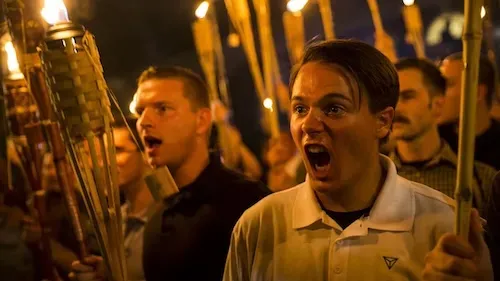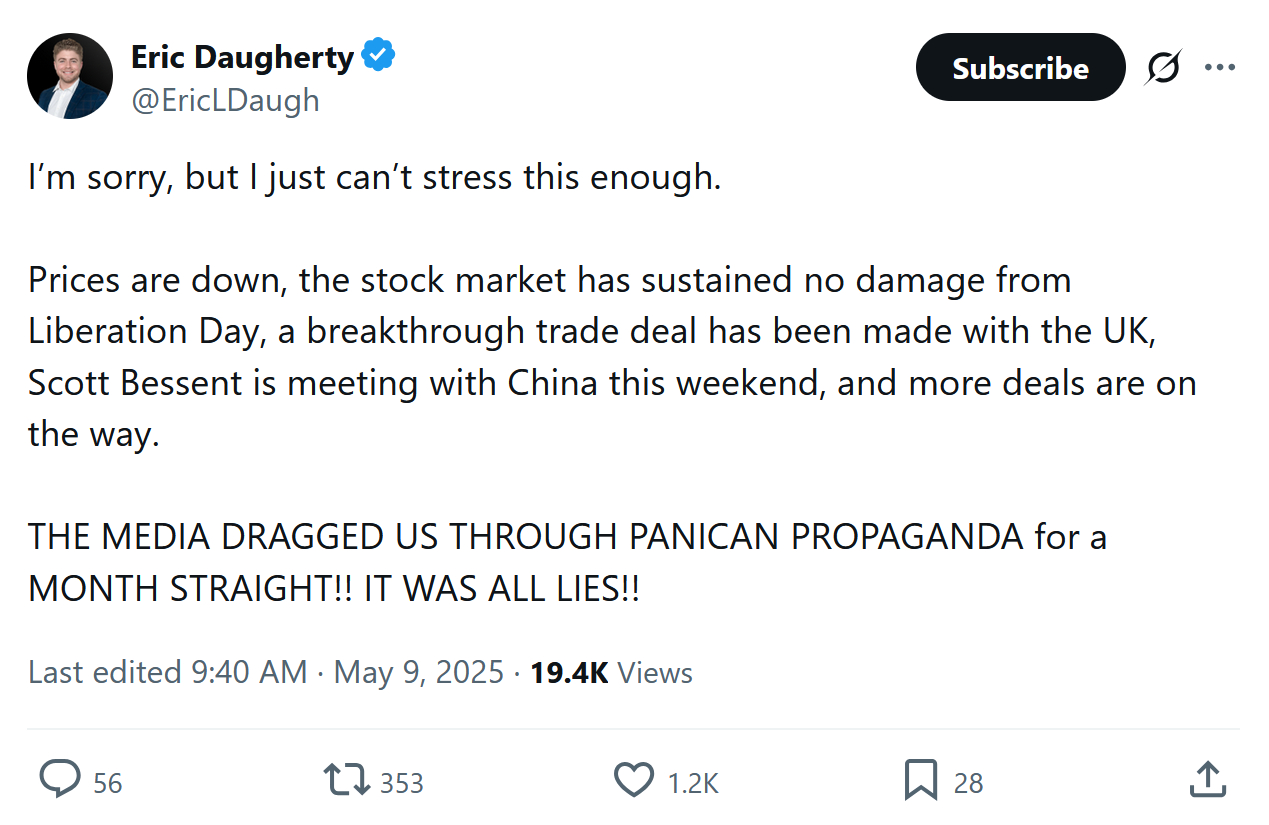HARVEY WEINSTEIN AND THE DEATH RATTLE OF #METOO:
Weinstein’s retrial is a do-over of legal proceedings that were originally marred by judicial error, and that raised questions even at the time about whether prosecutors were cutting corners in their eagerness to topple one of the #MeToo movement’s biggest bad guys. New York’s highest court found that the judge in his first trial improperly allowed testimony from accusers not named in the official charges. (A similar technicality—this one a more serious case of judicial error—triggered Bill Cosby’s release from prison in 2021.) Weinstein’s lawyers are now arguing that he didn’t get a fair trial in California, either—and are appealing his conviction of rape there, too.
These ambiguities may spell an acquittal for Weinstein; they also provide an opening for someone like Owens to claim the entire case was corrupt. But the architects of #MeToo also bear a certain amount of responsibility for the shape of this conversation. Because while the original purpose of the movement might have been to protect women from sexual predation, what it became—and what it will likely be remembered as—is a machine that wrecked the lives of men by labeling them sex offenders, without due process, and often without even the most perfunctory concern for whether the allegations were true.
That #MeToo so quickly became a tool for destroying reputations and dispensing vigilante justice is only surprising if you don’t recognize the movement’s true ideological origins—which had absolutely nothing to do with Harvey Weinstein or Hollywood sexism, and everything to do with the election of one Donald J. Trump.
Ah, Trump: the living embodiment of gross sexual entitlement, a multiply-accused alleged frotteur who bragged about grabbing women by the you-know-what. The subtext of #MeToo, which broke into the mainstream almost exactly one year after the release of that infamous Access Hollywood tape, was that Trump’s election to the presidency despite all these things revealed something deeply rotten in the culture—and that while we’d missed our chance to punish him for his misdeeds, it was not too late to build a movement that would punish men like him. Not just accused rapists like Bill Cosby or R. Kelly, but every man who crossed lines, took liberties, and failed to treat women with the respect they deserved. The boors, the bastards, the gropers and grabbers; men who flirted with their coworkers or cheated on their wives or committed the vaguely sexual-sounding offense of sliding into a woman’s DMs—which seemed a lot more scandalous before I realized that it just meant sending any kind of message on social media, including professional correspondence.
I suspect that Weinstein’s convictions, one of the movement’s few legal wins, were such a big deal—symbolic, even—because it felt a bit like taking down Trump by proxy. Here was a man of a certain age, a certain type, who had a certain way of throwing his weight around to extract what he wanted from unwilling women. And for those who had long been agitating for a more victim-friendly criminal justice system and more dedicated prosecution of sex crimes, his first conviction, which was in New York, was groundbreaking. Not just a rare win, but perhaps even the start of something transformative.
But looking back, Weinstein was an outlier. Mostly, MeTooings were a wild extralegal west of unfalsifiable accusations, social media innuendo, or allegations via anonymous spreadsheet laundered into the news cycle by enthusiastic journalists. The men who suffered the worst consequences were rarely the most credibly accused, and the lack of both process and restraint emboldened both the press and ordinary people alike to go to extremes.
This latter phenomenon is starkly illustrated by the case of Supreme Court Justice Brett Kavanaugh, who outside of Weinstein is probably the movement’s most memorable target. As a nominee, Kavanaugh was not only recklessly accused by the media of being part of a teen rape gang, and put through a surreal Congressional struggle session over the contents of his high school yearbook, but was later subject to an assassination attempt by a disgruntled liberal: His would-be murderer pled guilty last month.
* * * * * * * * *
But it also feels, sometimes, like the moment has passed. It’s not just that Weinstein, whose convictions were the biggest and most sparkling jewel in the #MeToo crown, might now be acquitted of some of the most heinous charges against him. It’s that the thrilling momentum of the movement has vanished, leaving its participants both too jaded and too tired to resume the business of witch-finding.
Curiously CTL-F “Biden” brings up zero results on the above article at the Free Press. Because mentioning him would have allowed us to pinpoint the exact day in which “the moment passed:” April 8th, 2020:
Senator Bernie Sanders of Vermont ended his presidential candidacy on Wednesday, concluding a quest that elevated him as a standard-bearer of American liberalism and clearing the way for a general election between the presumptive Democratic nominee, Joseph R. Biden Jr., and President Trump at a time of national crisis.
Flashback: When #Metoo Is Sold Out For #Orangemanbad.






